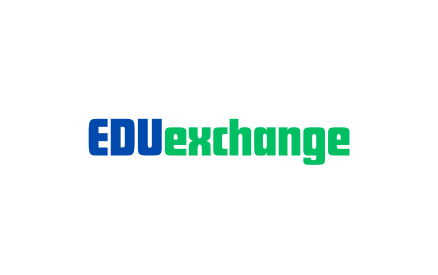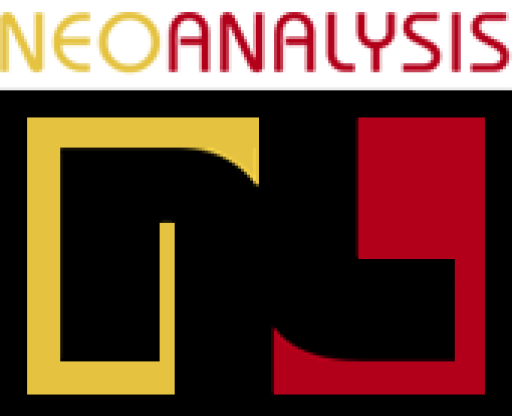Dates: 29 April 2024 - 03 May 2024
Participants: 12 (18-30 y.o.) per partner + 6 trainers/educators.
Total: 30 participants.
Objectives:
Explore European Heritage: The primary objective of the mobility is to investigate and understand the European heritage and perspectives of various countries and peoples within Europe, fostering a comprehensive view among the 24 beneficiaries of partner organizations.
Familiarize Beneficiaries: Introduce the 24 beneficiaries to educational materials and programs centered around environmental and digital issues, aiming to enhance their knowledge and awareness in these crucial areas.
Address Organizational Needs: Tailor the mobility to meet the specific needs of partner organizations, providing an opportunity for staff and beneficiaries to engage in new training related to environmental and digital education, building on the project's accumulated experience and knowledge.
Test Cooperation and Commitment: Evaluate the cooperation and commitment of both organizations and beneficiaries by actively participating in joint activities, contributing to the development of action plans for environmental and digital education, and initiating local projects or initiatives.
Pave the Way for Future Cooperation: Establish a foundation for future collaboration by utilizing this mobility period to test working methods, assess the level of commitment to environmental issues and digital education, and strengthen ties with beneficiaries over the next five to six months.
Test Working Methods: Use the mobility period to test the effectiveness of working methods employed by both organizations, ensuring that they align with the goals of environmental and digital education.
Evaluate Beneficiary Commitment: Assess the extent of beneficiary commitment to environmental issues and digital education, gauging their active involvement in activities and initiatives during the project.
Develop Action Plans: Collaboratively develop action plans for environmental and digital education, outlining the strategies and steps to be taken in the coming months.
Implement Local Initiatives: Initiate local action/projects/small initiatives to address environmental and digital education at the community level, applying the knowledge and skills acquired during the mobility period.

